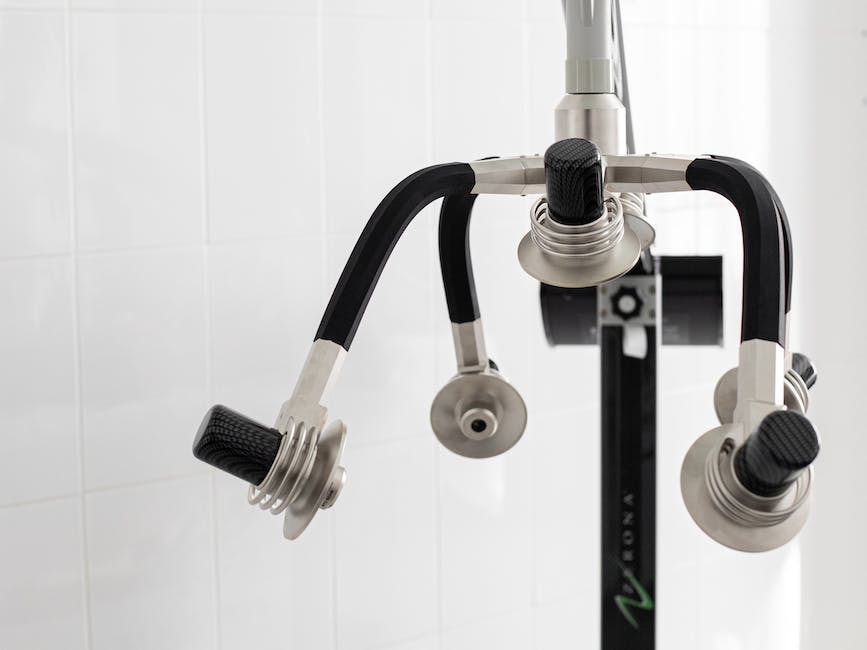
The Pros and Cons of Knee Replacement Surgery
Exploring the Benefits and Drawbacks of Knee Replacement
Knee replacement surgery, also known as knee arthroplasty, is a procedure that involves removing damaged parts of a knee joint and replacing them with artificial parts. This surgery is often recommended to individuals suffering from severe knee pain and limited mobility due to conditions such as osteoarthritis or rheumatoid arthritis. While knee replacement can significantly improve quality of life for many patients, it's essential to consider both the advantages and disadvantages before undergoing this procedure.
In this article, we will explore the advantages and disadvantages of knee replacement surgery, providing insights into the potential benefits and drawbacks of this common orthopedic procedure.
Pros
Knee replacement surgery offers numerous benefits that can have a transformative impact on a patient's daily life. From improved mobility to reduced pain, the advantages of this procedure are significant. Let's delve into the unexpected advantages of knee replacement surgery and how it can positively impact individuals facing chronic knee issues.
Missing a pro?
Cons
While knee replacement surgery can bring about significant improvements, it's crucial to be aware of the potential drawbacks and risks associated with the procedure. From post-surgery complications to long-term implications, understanding the disadvantages of knee replacement is essential for individuals considering this orthopedic intervention.
Missing a con?
Conclusion
Knee replacement surgery presents a viable option for individuals seeking relief from debilitating knee conditions, offering a range of potential benefits that can vastly improve mobility and quality of life. However, it's crucial for patients to weigh these advantages against the potential drawbacks and make informed decisions in consultation with healthcare professionals. By gaining a comprehensive understanding of the pros and cons of knee replacement, individuals can navigate the decision-making process with greater confidence and clarity.






